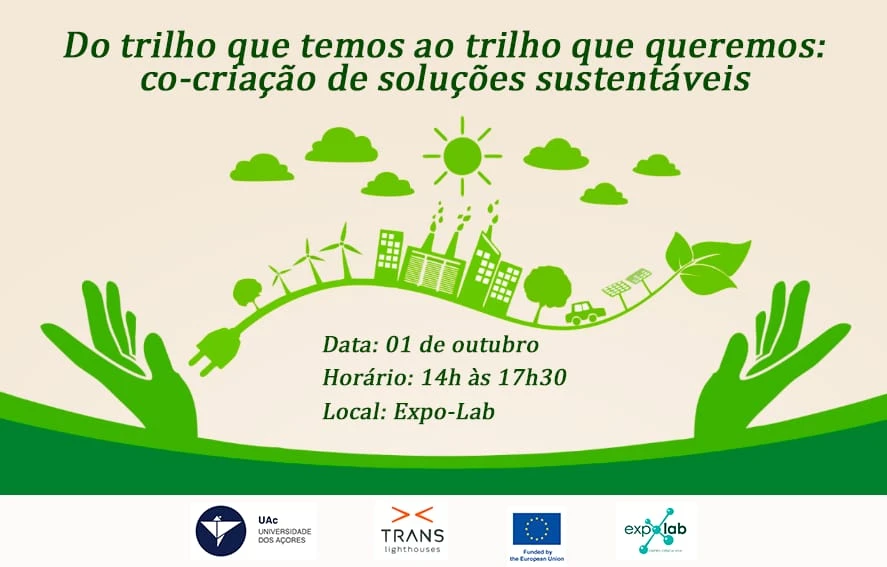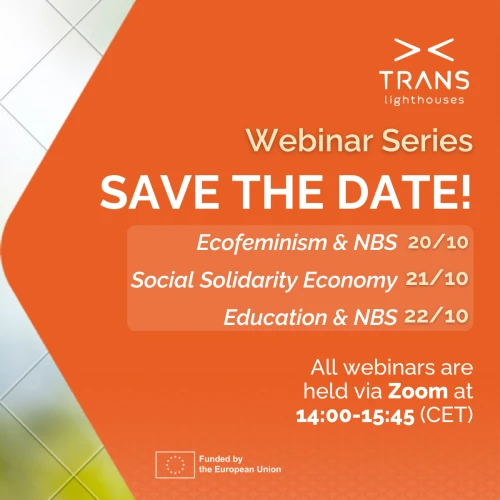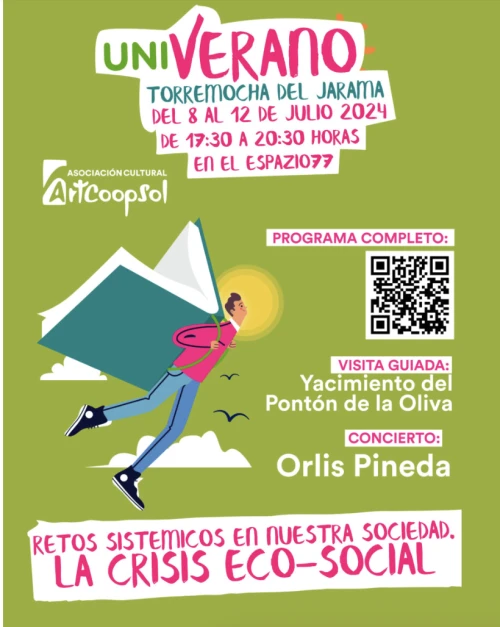
On October 2nd, the University of the Azores (UAc) team, represented by Ana Rita Matias, will present the communication “Azores Lighthouse Pilot: Janela do Inferno as a Nature-Based Solution” at the Encontro(s) Scientia (2025/2026 Cycle), organized by CE3C and CHANGE – Global Change and Sustainability Institute.
The presentation will introduce the TRANS-Lighthouses project and will focus on the Azores pilot case, exploring how the Rota da Água – Janela do Inferno trail in Lagoa (São Miguel Island) is being developed as a nature-based solution that integrates ecological restoration, social inclusion, and sustainable local governance. It will also highlight the project’s participatory methodologies, interdisciplinary approach, and the potential of the trail to act as a living laboratory for ecological transition in insular contexts.
Through group discussions and participatory methods, the workshop will foster dialogue between different sectors, promote collective reflection on the trail’s social and ecological value, and gather valuable inputs that will contribute to the forthcoming Action Plan for Collaborative Trail Management, to be developed by the UAc team under the TRANS-Lighthouses project.
On October 2nd, the University of the Azores (UAc) team, represented by Ana Rita Matias, will present the communication “Azores Lighthouse Pilot: Janela do Inferno as a Nature-Based Solution” at the Encontro(s) Scientia (2025/2026 Cycle), organized by CE3C and CHANGE – Global Change and Sustainability Institute.
The presentation will introduce the TRANS-Lighthouses project and will focus on the Azores pilot case, exploring how the Rota da Água – Janela do Inferno trail in Lagoa (São Miguel Island) is being developed as a nature-based solution that integrates ecological restoration, social inclusion, and sustainable local governance. It will also highlight the project’s participatory methodologies, interdisciplinary approach, and the potential of the trail to act as a living laboratory for ecological transition in insular contexts.
Through group discussions and participatory methods, the workshop will foster dialogue between different sectors, promote collective reflection on the trail’s social and ecological value, and gather valuable inputs that will contribute to the forthcoming Action Plan for Collaborative Trail Management, to be developed by the UAc team under the TRANS-Lighthouses project.


